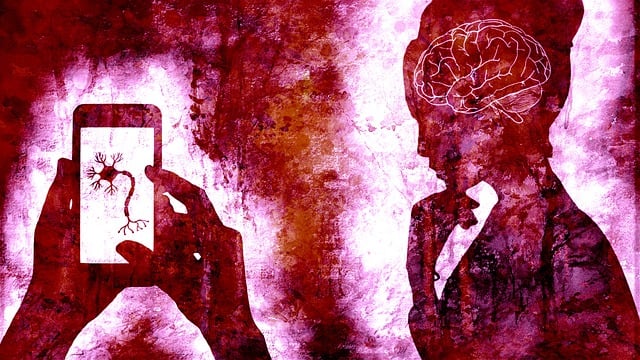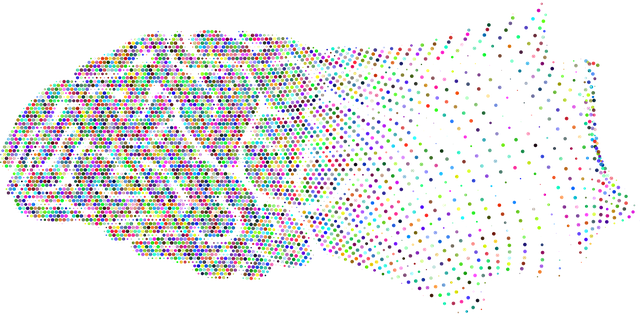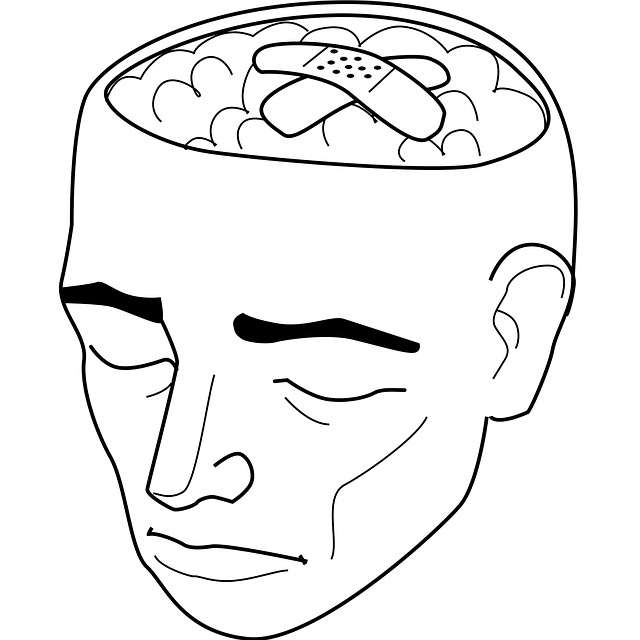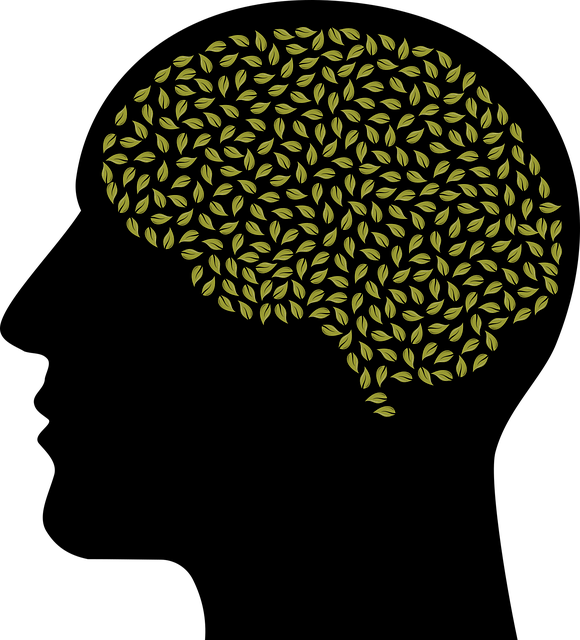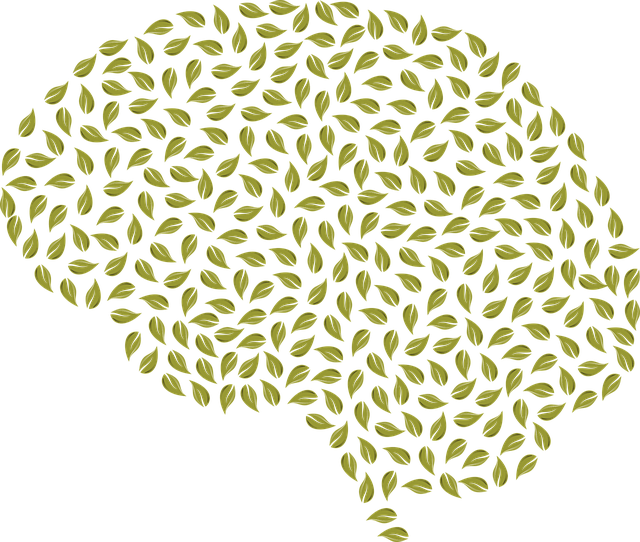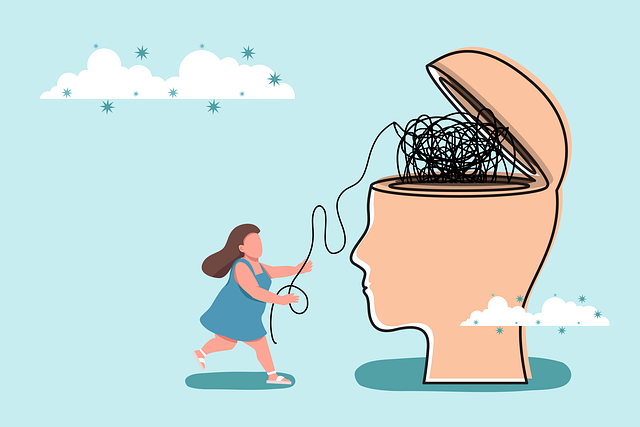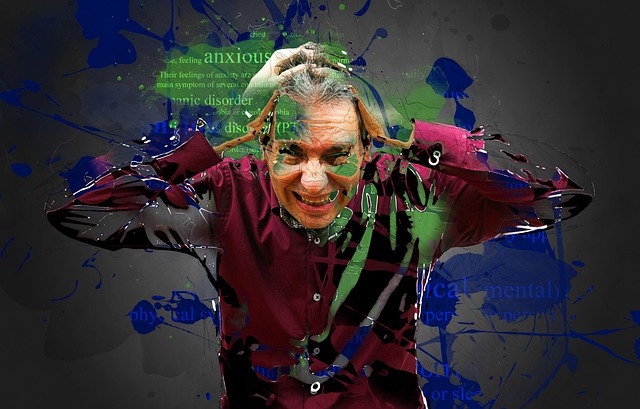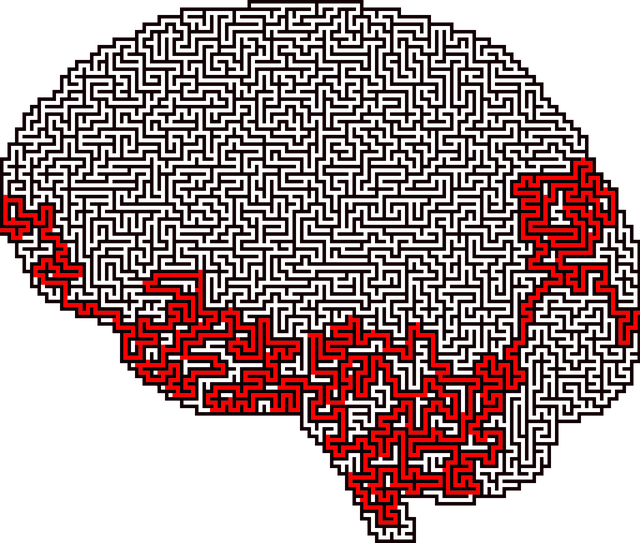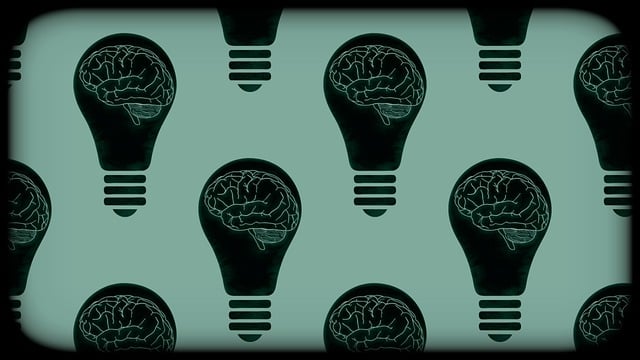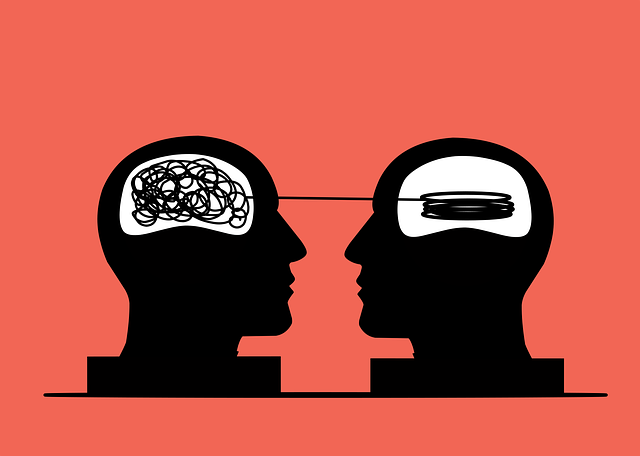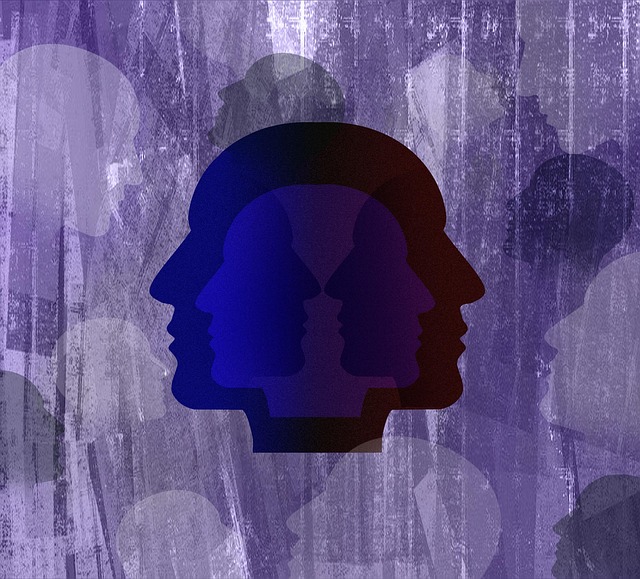Mental health education is key to breaking down stigma and empowering individuals to address emotional well-being, including in contexts like Aurora Couples Communication Issues Therapy. Comprehensive programs teach self-care, positive thinking, and effective communication strategies through interactive workshops and discussions. These approaches enhance relationships, improve mental health outcomes, and encourage open conversations about emotions within communities, such as schools, workplaces, and healthcare settings. By integrating these programs strategically, diverse populations gain access to vital resources for holistic personal and professional development.
Mental health education programs play a pivotal role in fostering well-being. This article explores an integrated approach, focusing on three key aspects: understanding mental health, improving communication in couples therapy, and designing comprehensive program structures. We delve into effective strategies for addressing Aurora’s unique challenges related to communication issues in therapy. By examining implementation and support mechanisms, we ensure accessibility and long-term success for these transformative programs.
- Understanding Mental Health: Breaking Down Stigma and Promoting Awareness
- The Role of Communication in Couples Therapy: Strategies for Effective Aurora
- Program Structure: Creating a Comprehensive Education Curriculum
- Implementation and Support: Ensuring Long-Term Success and Accessibility
Understanding Mental Health: Breaking Down Stigma and Promoting Awareness

Mental health is a cornerstone of overall well-being, yet it’s often surrounded by misunderstandings and stigma. Breaking down these barriers requires comprehensive education that fosters public awareness campaigns development, encourages self-care practices, and promotes positive thinking. By integrating these concepts into daily life, individuals can better recognize and address mental health concerns within themselves and their relationships, such as those experienced in Aurora couples therapy when communication issues arise.
Educational programs play a pivotal role in destigmatizing mental health by providing accurate information, dispelling myths, and normalizing conversations around emotions and psychological well-being. This proactive approach equips people with the knowledge to support themselves and others, creating a more empathetic society where individuals feel comfortable seeking help when needed, whether through therapy or other professional services.
The Role of Communication in Couples Therapy: Strategies for Effective Aurora

Effective communication is a cornerstone of successful couples therapy in addressing Aurora (or any relationship’s) challenges. When partners engage in open and honest dialogue, they can begin to understand each other’s perspectives, identify underlying issues, and work towards resolving conflicts. This process involves active listening, where both individuals feel heard and validated, fostering an environment of trust and understanding.
In couples therapy, therapists often guide the communication process by teaching specific strategies for enhancing self-care within relationships. This includes promoting healthy emotional expression, encouraging empathy, and developing skills to navigate difficult conversations constructively. By learning these techniques, partners can improve their overall relationship satisfaction, enhance their individual self-care routines, and ultimately contribute to better mental health and emotional well-being promotion techniques.
Program Structure: Creating a Comprehensive Education Curriculum

In designing a mental health education program like Aurora Couples Communication Issues Therapy, the structure should be comprehensive and multidimensional. The curriculum must address both theoretical foundations and practical application, balancing mind over matter principles with evidence-based practices. The program should start by introducing participants to core concepts of emotional well-being promotion techniques, enabling them to understand the interplay between mental wellness and interpersonal relationships.
Through interactive workshops, group discussions, and personalized exercises, learners gain skills in self-awareness, stress management, effective communication, and conflict resolution. These tools are essential for navigating life’s challenges and fostering healthier connections. By integrating these components, the program facilitates a holistic approach to mental health education, empowering individuals to thrive in their personal and professional lives while promoting emotional well-being within their relationships.
Implementation and Support: Ensuring Long-Term Success and Accessibility

Implementing a mental health education program requires strategic planning and ongoing support to ensure its long-term success and accessibility. One key aspect is integrating it into existing community structures, such as schools, workplaces, or healthcare settings, where individuals face various challenges like burnout prevention strategies for healthcare providers or Aurora Couples Communication Issues Therapy. A well-designed Community Outreach Program Implementation can foster a sense of belonging and encourage open discussions around mental health.
Additionally, providing continuous training and resources for facilitators and support staff is crucial. Incorporating stress management techniques and regular feedback mechanisms allows for adaptability and refinement based on participants’ needs. By prioritizing accessibility, these programs can reach diverse populations, ensuring that everyone has the opportunity to benefit from improved mental health literacy and resources, including those facing unique challenges like burnout or communication issues in relationships.
Mental health education programs, such as those focusing on Aurora couples communication issues through therapy, require a structured approach that combines awareness, practical strategies, and ongoing support. By breaking down stigma, providing comprehensive curriculum, and ensuring accessibility, these programs can significantly improve mental well-being in relationships. The key lies in effective communication techniques tailored for couples, fostering an environment where they feel empowered to address challenges together. With dedicated implementation and support, these initiatives can lead to lasting positive changes, enhancing the emotional intimacy and resilience of participating couples.
